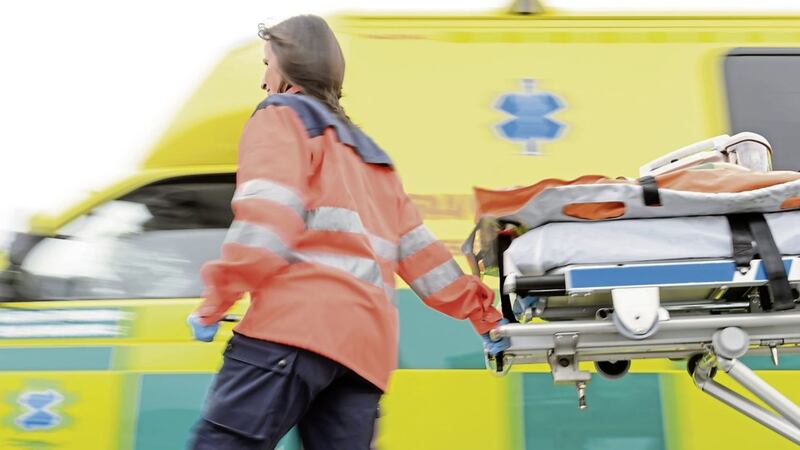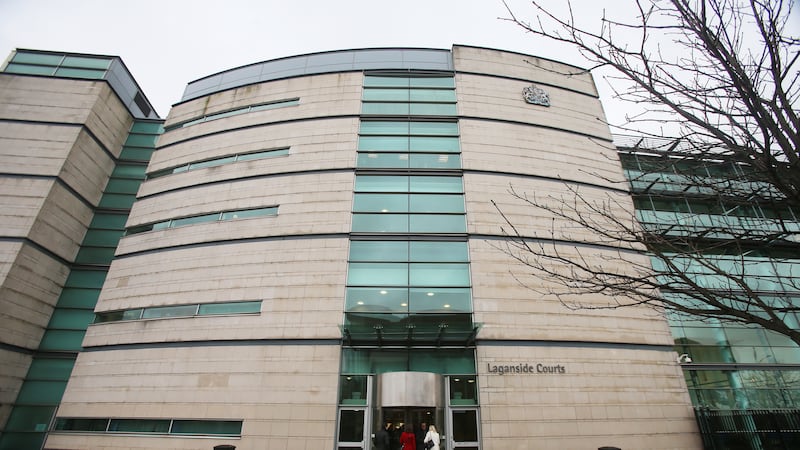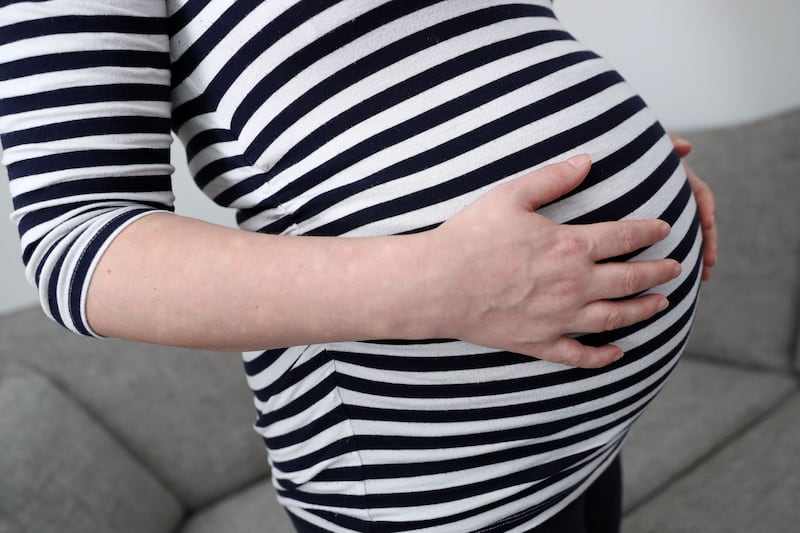ELEVEN PSNI officers have received training from the ambulance service to accompany paramedics in 999 vehicles during the third Covid wave.
Police will be used as drivers to tackle severe staff shortages although no dates have been have identified for their use, a spokesman for the Northern Ireland Ambulance Service (NIAS) confirmed.
NIAS chiefs delivered training on ambulance equipment and "vehicle familiarisation" to police last weekend.
Redeployed PSNI officers will not wear ambulance uniforms during callouts with crews.
An ambulance spokesman insisted that any request for police support will only be made "after all other internal escalation measures have been deployed and only after the completion of preparatory arrangements".
"These actions will ensure that the clinical expertise of our own front line staff is optimised in the most effective manner," he added.
A pilot scheme began in April during the first lockdown, when a small number of police worked closely with paramedics.
However, this lasted a short time due as the first wave was not as severe as the current crisis.
Due to the "significant challenges" of the third surge, the north's frontline and control room staff was severely depleted with 176 Covid-related absences at the beginning of this week. A further 127 employees were absent due to sickness not linked to the virus.
A police spokeswoman confirmed the joint initiative with their ambulance service colleagues, which she said will protect the community "beyond the pandemic".
Meanwhile, the Northern Ireland Fire and Rescue Service (NIFRS) last night warned of the impact of the pandemic on its members.
"Like many organisations we are beginning to feel the impact on our ability to deliver our service," a spokesman said.
"However, coping mechanisms have been put in place and are working well thanks to the resilience and hard work of our people."
It expressed confidence it could continue to deliver emergency response to all parts of the north.








